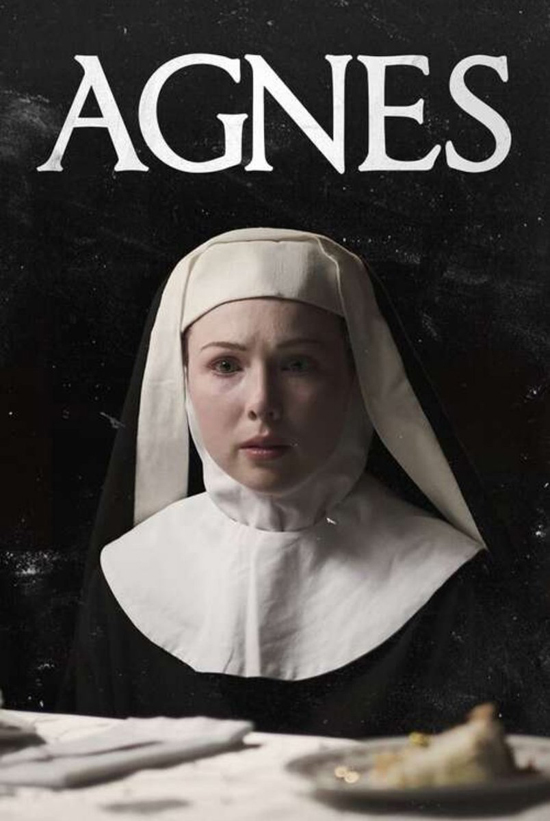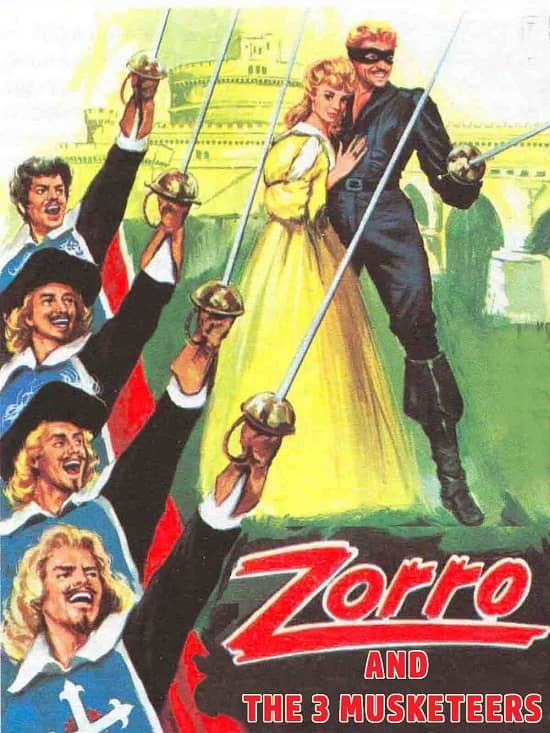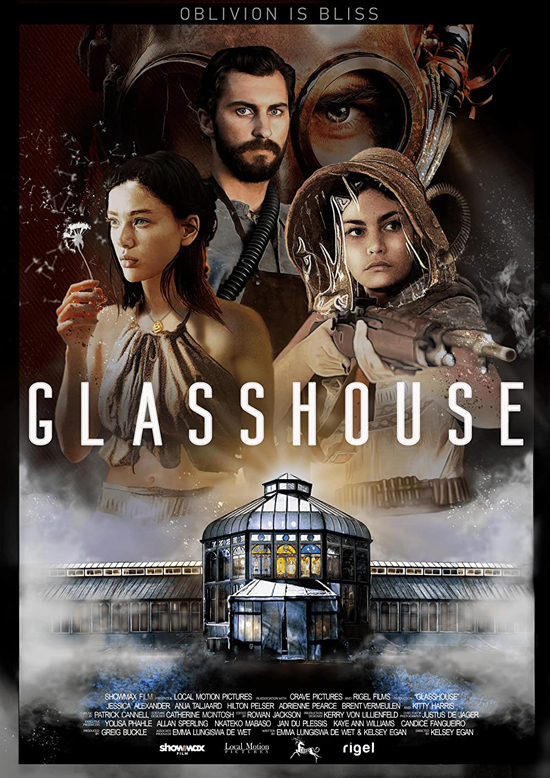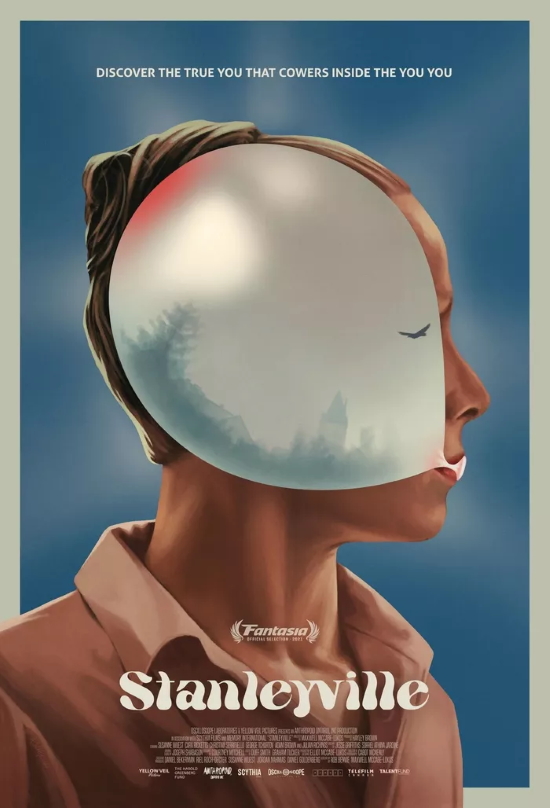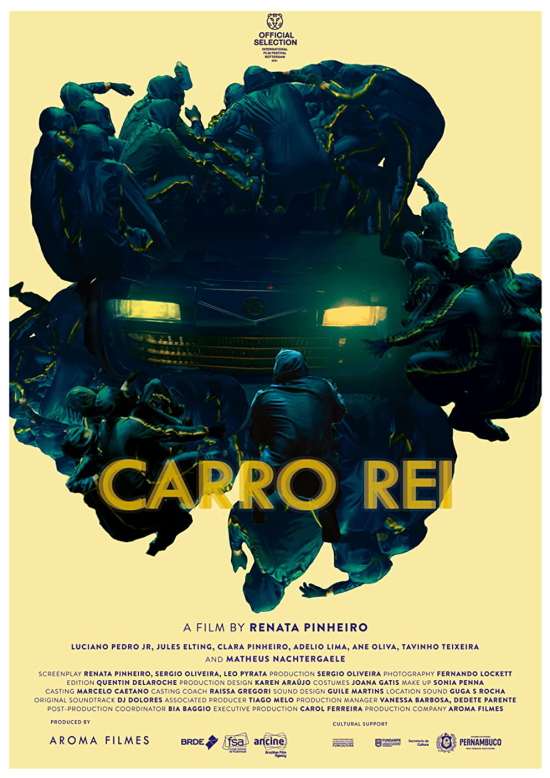 For each of the past several years Fantasia’s gathered together short genre films by women into annual showcase presentations called Born of Woman. I’ve seen all of them, and they’ve all been strong collections. So I was eager to see this year’s version, with eight films from six different countries.
For each of the past several years Fantasia’s gathered together short genre films by women into annual showcase presentations called Born of Woman. I’ve seen all of them, and they’ve all been strong collections. So I was eager to see this year’s version, with eight films from six different countries.
The first was “Lucid,” from Canada, directed by Deanna Milligan from a script by Claire E. Robertson. It’s a 17-minute story about Mia (Caitlin Taylor), an art student in the early 1990s, who presents her class with a self-portrait that’s critiqued remorselessly. The movie that follows shows her digging deep into herself to find a project that will give her a good grade, and presents us with the gory yet oddly cheery results. The film looks very nice, with lush saturated colour, and an impressive long travelling shot at the start following Mia into and through her school. I found the period background didn’t come out very much, though that may be a function of the film trying to speak to the art world and art trends of that time, with which I am basically unfamiliar. At any rate, it’s a funny, weird, and engagingly gross movie.
Next was “Inheritance,” a 14-minute American movie written and directed by Annalise Lockhart, about a Black family in Vermont who are haunted by still silent White ghosts. When the youngest of the family of three, Norra (Victoria A. Villier), inherits the deed to her family’s cottage she sees the ghosts for the first time, and we follow her as she tries to find a way to free herself and her family from constant surveillance on their own property. The end’s a bit surreal, moving from horror or dark fantasy to science-fictional themes with a traditionally Vermont flavour; the way out of past threats is in this case Afrofuturist technology. It works, but there’s also some ambiguity in the solution Norra and her family find. Still, the story has a strong feel, establishing its characters as rich individuals, and memorably insisting on their dignity.
…
Read More Read More



